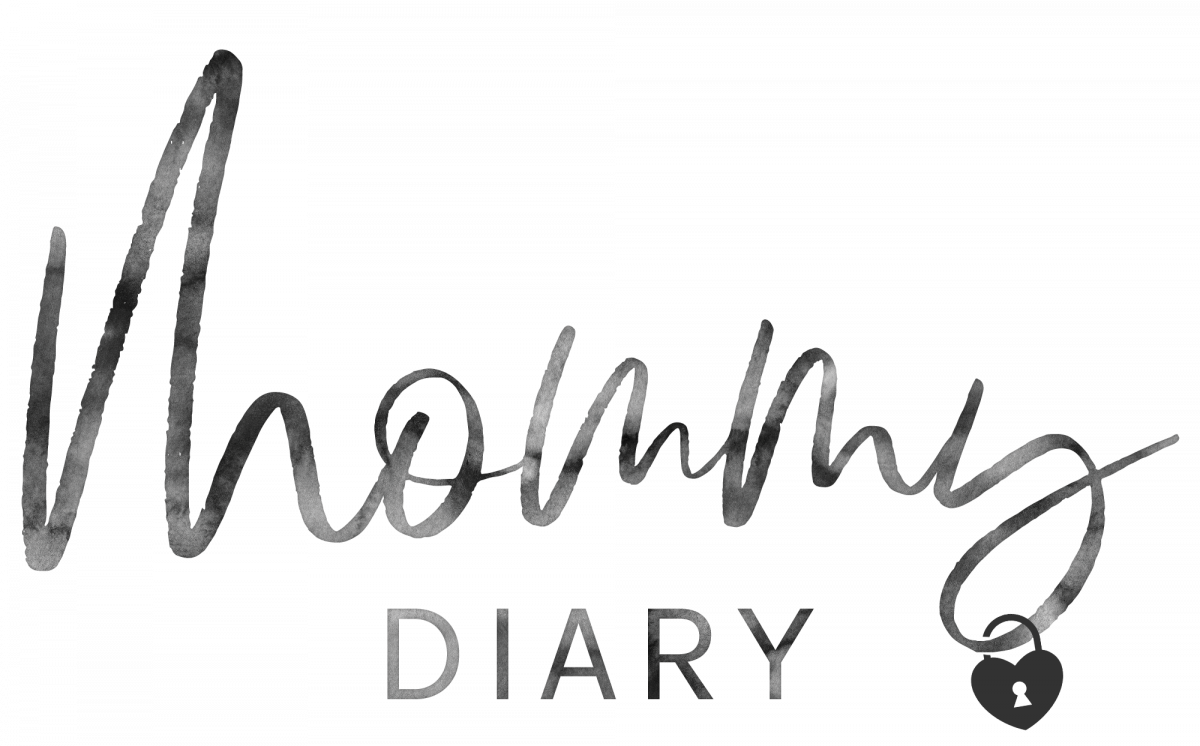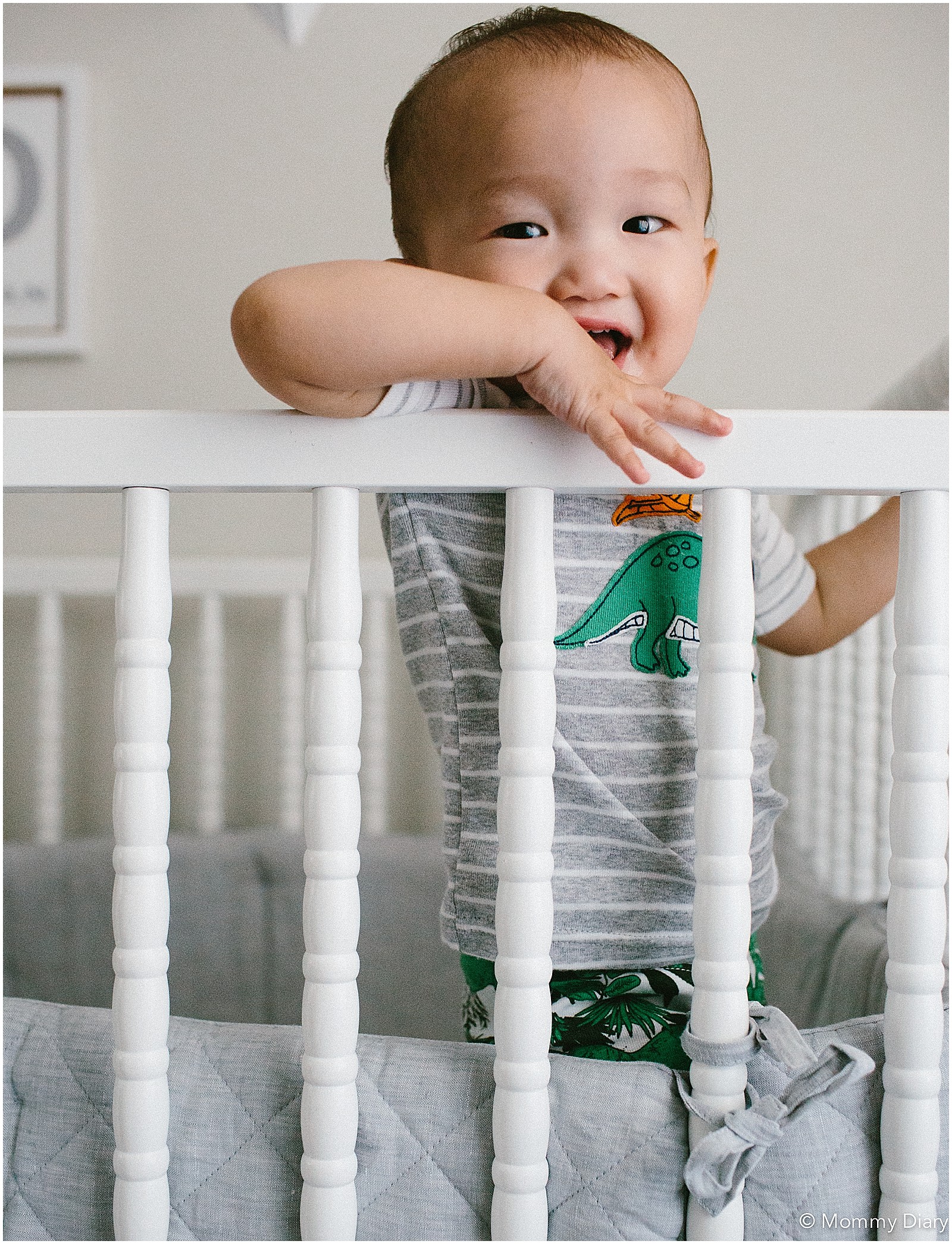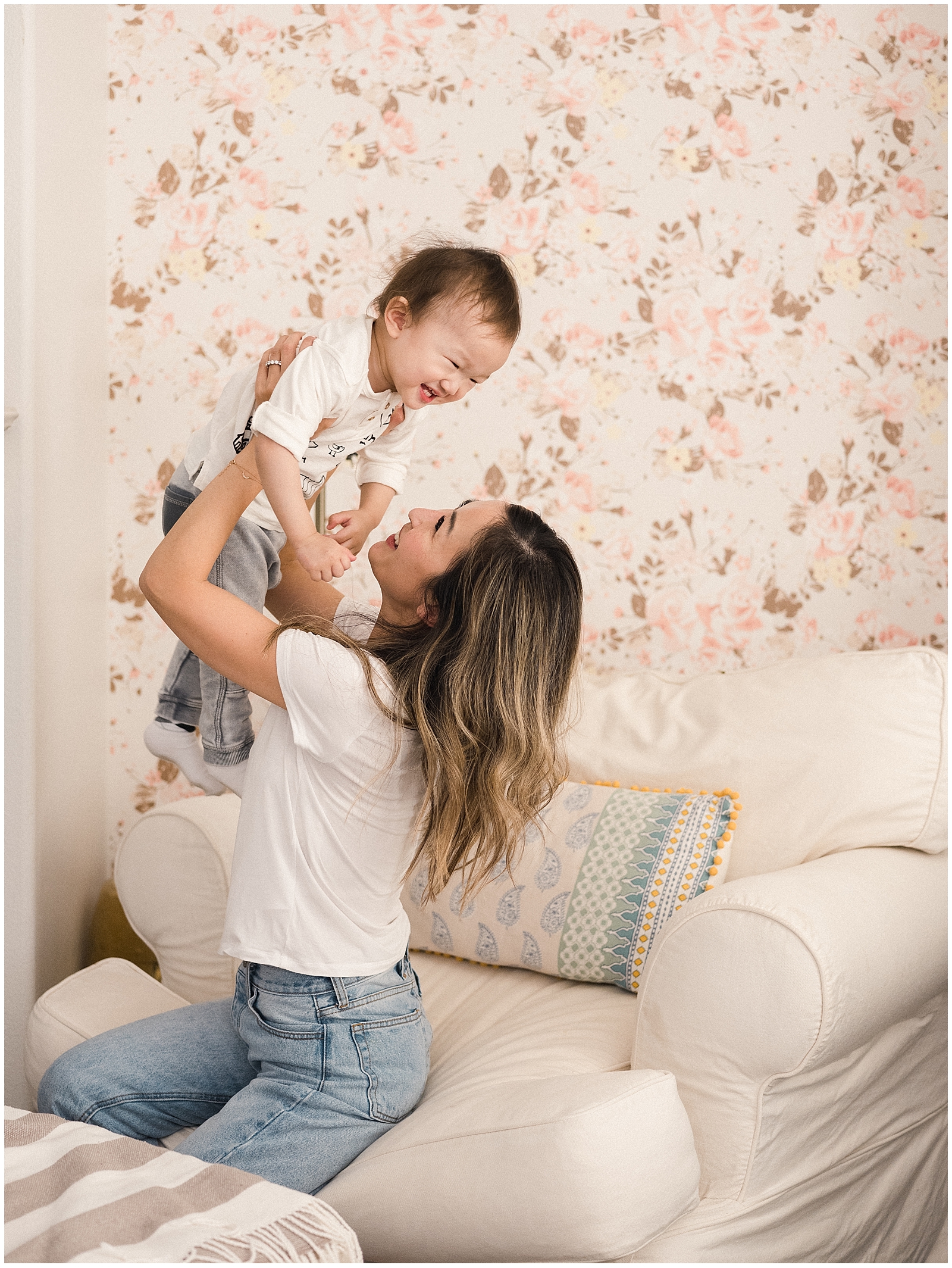
Toddlerhood is such an exciting and fun time in a child’s life. They’re no longer a baby and have accomplished several major life milestones over the past few months. In particular, learning to express themselves in new ways. Often, the lack of being able to fully express themselves can lead to frustration which can lead to acting aggressively. Not being able to use their words to fully express their emotions and feelings are not easy, which can make toddler years a tricky time for parents.
If you’ve raised a child, you know that this type of frustration can come in the form of aggression. Hitting, kicking, biting, or biting, as well as temper tantrums, while typical, can be tough-to-handle, aggressive toddler behavior. If you are a new parent navigating this stage for the first time, let me start by saying this type of behavior is 100% normal and part of your child’s emotional and behavioral development.
Those cute little toddlers lack self-control and impulse control, and when their emotions build up from frustration, sometimes aggression is the only way they know how to get it out. Simply put, sometimes they just can’t stop themselves from acting out. It is essential as a parent or caregiver to ensure your young children know you are there during these challenging times, and to learn how to respond to and deal with aggressive behavior appropriately.
Let’s walk through a few standard best practices for tackling toddler aggression and how you can help your child through this stage of life in a comforting way.
(You may also enjoy this post about activities to do with your one-year-old.)
How to Deal with Toddler Aggression
Respond Immediately and Firmly
When your toddler exhibits aggression toward you or a peer, it is best to respond immediately. Waiting until after your child has moved on will not correlate correcting their behavior with what they shouldn’t be doing. For example, if your toddler hits out of frustration, don’t brush it off. Get down on your little one’s level and firmly tell them, “We don’t hit people. Hitting hurts.” Address the unwanted behavior directly, and use a tone that expresses intent.
The same would go for any type of aggression, including that a toddler may show or do to themselves. Some toddlers tend to take their frustration out on themselves. This type of self-aggression may look like hitting themselves on the head repeatedly to get your attention, smacking a table, or even attempting to bite their hand or arm.
Make sure your child knows that this is also not acceptable behavior, just like aggression towards others. However, rather than using a tone of disapproval, adjust your reaction to being more concerning. “Oh no, we do not hit ourselves. That hurts you.” This will teach your child that these actions, either out of frustration or to get your attention, are not effective or appropriate.
Here are a few Best Behavior board books that are good for reading with your children to address aggressive behavior in an educational way:
- Hands Are Not For Hitting
- Teeth Are Not For Biting
- Feet Are Not For Kicking
- Voices Are Not For Yelling
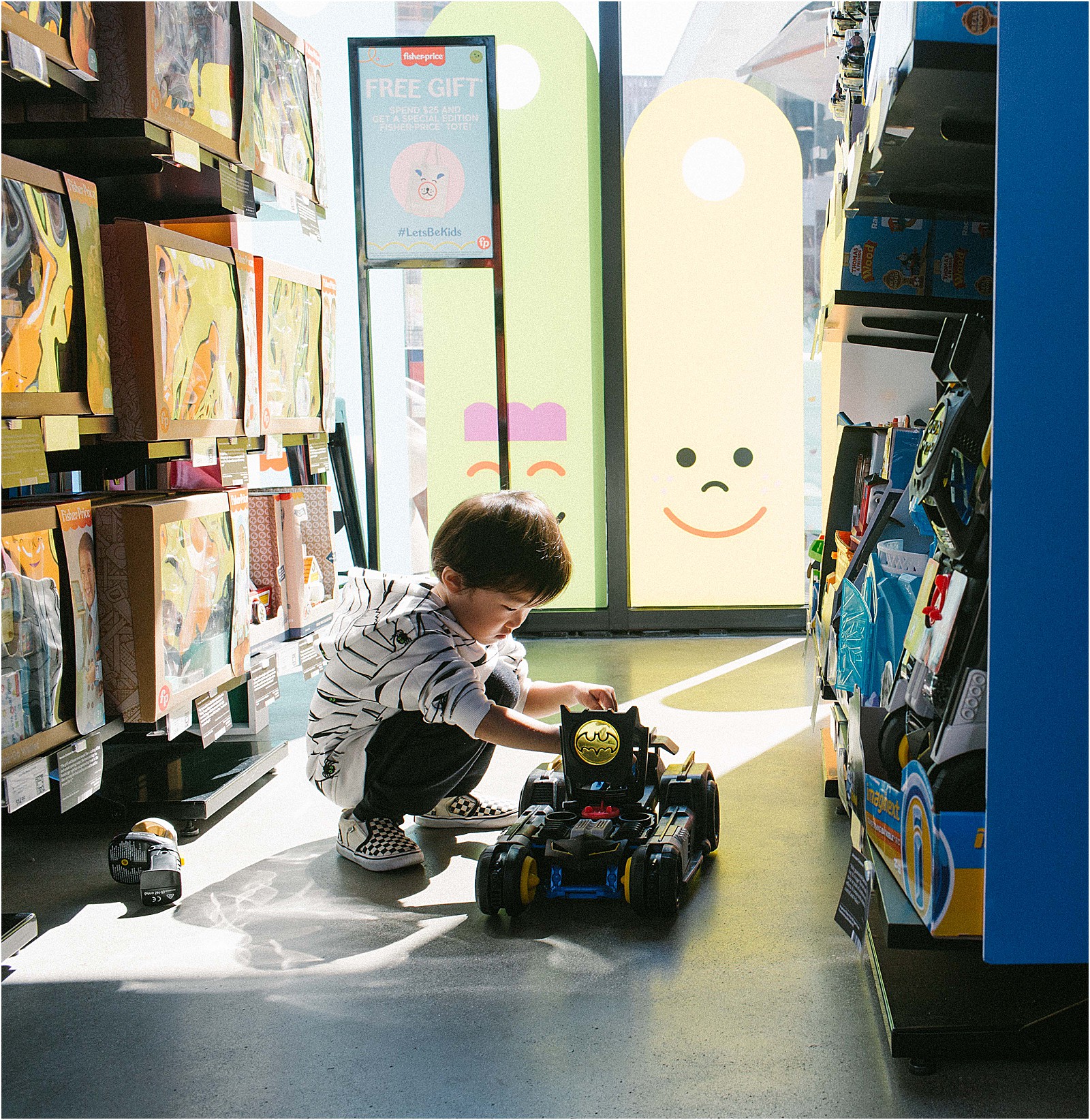
Stay Calm
Although using a firm tone when correcting behavior is ideal, parents and caregivers should also keep a calm demeanor when a toddler begins to show unwanted or aggressive behavior. Emotional regulation is one of the most important social skills for a toddler to learn, but they can’t do it on their own. Toddlers are little sponges and pretty much have a superpower I like to call “monkey see, monkey do.” If you react negatively or get flustered by their behavior, it will only make your child feel worse and fuel the flames of their current emotional state.
Instead, stay calm when they begin to express themselves using aggression or frustration and react with intent to correct the behavior. It’s also important to make sure your little one knows you are there for them and to give adequate one-on-one time to help alleviate behavior issues. Check out my post on this topic here.
Be Consistent and Set Limits
Like anything with parenting, consistency is your best friend. Don’t allow your toddler to get away with certain unwanted behaviors some days and then correct them the next time — particularly aggressive behavior.
The more consistent you are with fixing behavioral issues at the moment, using the exact phrases and language each time, the better chance you will help your toddler overcome this aggression and emotion smoothly.
It’s also important to set limits. If your toddler is acting out because they want something, don’t immediately give in. Try to calmly redirect your child or express why they can’t have what they want first.
If that doesn’t help and the behavior escalates to a temper tantrum, try not to give in as this would only confirm to your little one that their behavior impacts getting them what they want, and it could continue to worsen over time. Eventually, this can lead to aggression toward you, themselves, or a peer if they think that type of behavior will get them what they want every time.
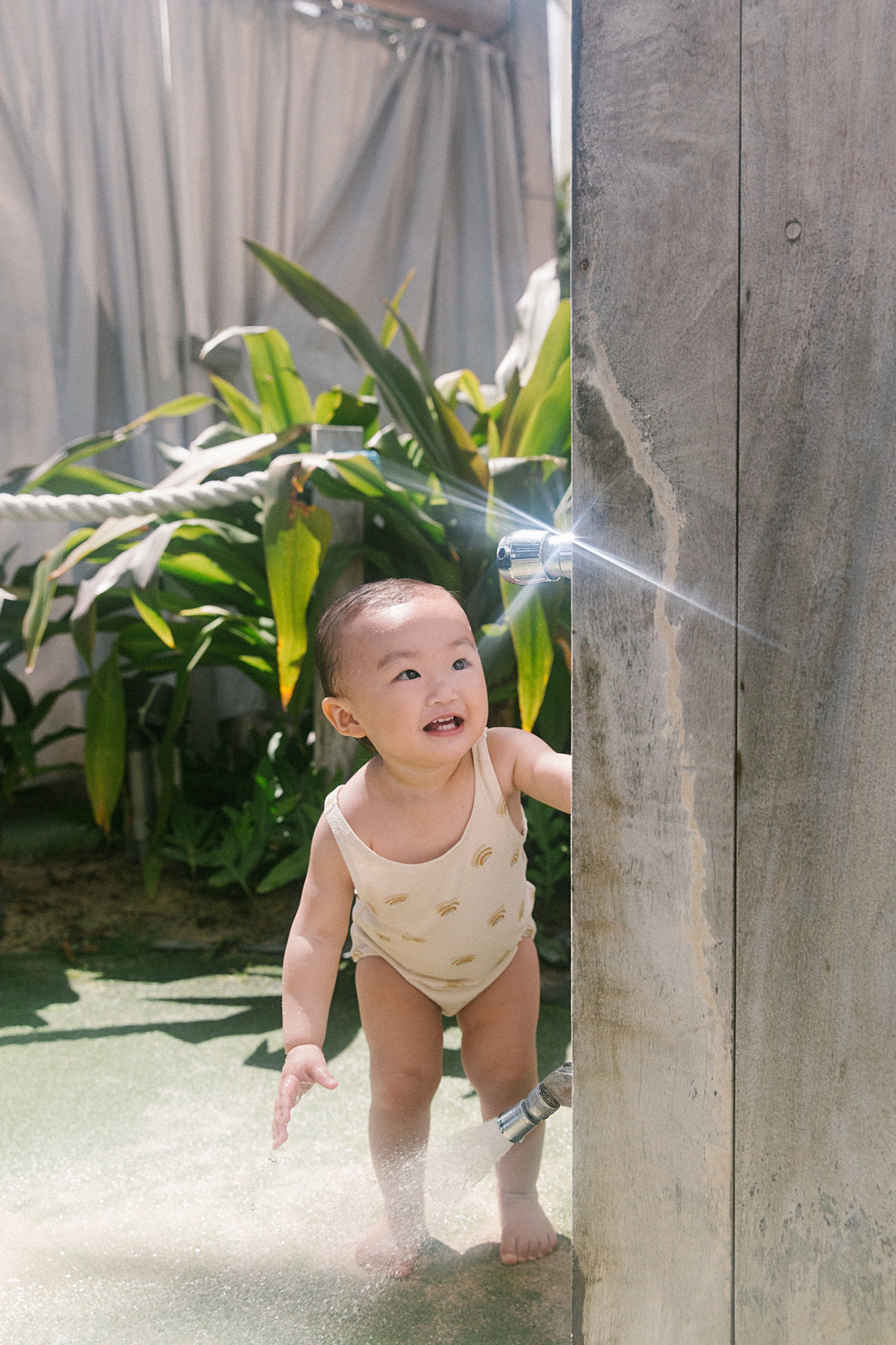
Praise Good Behavior
It’s important to let your child know when they are exhibiting good behavior. Reward good behavior with praise. Keep the compliment concise, telling your toddler precisely what they did a great job on and why you are praising them for it. Talk to them in an upbeat, positive tone to associate the behavior with something cheerful and good. Use phrases like “I love it when you pick up your toys” or “Thank you for saying please!” Over time, these good behaviors will begin to show up more as your little one recognizes that these are wanted interactions.
Give Yourself Some Grace
Finally, raising a child is a rollercoaster of emotions — for parents and the little one. As peak toddlerhood approaches and your child cannot express themselves or communicate how they want, inevitably, unwanted behavior will come on. As long as you show your child love and compassion and stay consistent in your message about their behavior, you are doing the best you can to help them develop into strong, passionate humans.
That said, if you worry about toddler aggression that has continued for longer than a few weeks, despite conscious efforts to improve it, consider enlisting the help of a mental health professional.
There will be hard days, lots of them, whether you are a new parent or a seasoned parent going through toddlerhood for the fourth time.
Check out my tips on How to Avoid Mom Burnout.
Have you tackled toddler aggression? What are some of your top tips for working through this with your child? Share with me in the comments!
This post contains affiliate links that help to support this blog at no additional cost to you. Thank you for your support that allows me to create valuable content for families all around the world.
